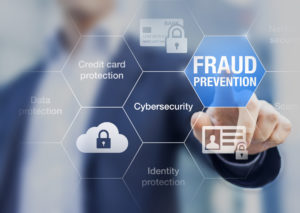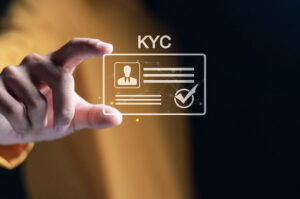The question is a lot easier to answer than “Paper or plastic?” (If you remembered your reusable bag, you deserve a gold star.) When you’re at the checkout line and produce a little rectangular swipe card, the cashier often asks, “Debit or credit?” You may know that with a check card, you have the option to select and use either method. For the former, you punch in your PIN. For the latter, you might sign your name. Buy why? The difference between online and offline debit card transactions can explain the option. Let’s explore what we mean when we say online versus offline, to begin with. The terms themselves can be misleading. Once we review them, we will look into a few key differences in each type of transaction.
What are online debit card transactions?
In this context, though the terms online and offline are used, they do not refer to purchases made or in any way facilitated by an internet connection. Instead, they refer to the type of network used to process each transaction. If you think of online as very quick and offline as a bit more slow, you get closer to what each term refers to in the financial world. Neither is better than the other, however, and each offers different features that may be seen as perks or challenges depending on perspective and the needs of the consumer.
Online debit card transactions are processed nearly instantaneously over PIN debit networks. Payment information makes fewer stops, so to speak than it does when processing a credit card payment. These fewer stops with the card company and bank, which either approve or deny the transaction based on available funds in the cardholder’s account.
What are offline debit card transactions?
You may notice that you didn’t have to use your PIN on this one. Offline debit card transactions are sent through the same network as credit card transactions. Funds are not withdrawn from your account as quickly. The transaction is also not recorded on your account for a few days.
For dining in restaurants, debit card holders may have also noticed that the charges are not always immediately available in their bank’s transaction record. For card-not-present purchases, the credit card network is also used.
Differences Between Offline and Online Payment Transactions
Merchants and clients will experience transactions with debit cards differently because of the fees to merchants and the perks to consumers. Let’s explore them below.
Cash Back
Buyers with any experience using their PIN and signatures for transactions can likely tell you which option allows for cash back. The PIN transaction often allows purchasers to request cash back at the pay terminal. Purchases authorized by a signature do not allow the same courtesy.
Fees
Small businesses are most easily impacted here. For merchants, the varying fees incurred by accepting a debit card payment include payment processing fees, debit transaction fees, card association fees, and payment gateway fees. Interchange fees and assessment fees are additional fees that may be charged as well due to the financial institution from which the card came and the credit card network, respectively. Both online and offline debit card transactions carry their own fees with varied structures, discounts, and, more notoriously, hikes.
Funds Deducted
Online debit card purchases made with a PIN are often instantly reflected on a customer’s bank balance. They’ll immediately see a deduction to the funds from the account associated with the card. With an offline transaction, the purchaser has one or two days to see a withdrawal from the account.
Network
The EFT network is used to process online debit card transactions, but the credit card network is used to process offline debit transactions.
Instead of a reference to e-commerce versus in-person transactions, online and offline debit purchases are a reference to the speed at which that purchase will be processed. It makes a difference to the speed at which a cardholder sees their account balance change and to the merchants who have to carefully forecast and plan for fees.
To learn more about debit and ATM cards, the Bankers Hub certification course offers an easy-to-understand and detailed explanation of how items are processed through card networks, the differences between online and offline debit card systems, and how funds are loaded and settled through financial institutions. The course helps provide a full picture of related topics like disputes and exception item handling, fraud trends and management, compliance obligations, and more.
Those interested can explore this and more educational courses, certifications, webinars, and on-demand programs from BankersHub for financial services professionals. Our courses are often self-paced and convenient for financial professionals who prefer to approach learning with the freedom to take it on the go and during flexible times.








